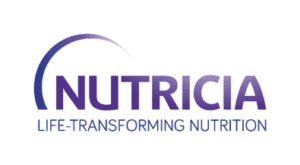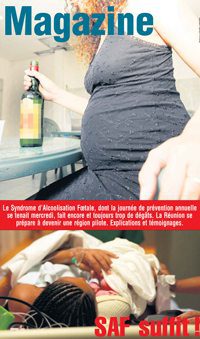There is growing evidence for interventions that improve outcomes for early to middle childhood. However, a lack of research exists outside of this developmental period. This lack of research is concerning given the potential positive impact of early intervention, for individuals and, financially, for governments. In addition, the lack of interventions for adolescents and adults further highlights the widening developmental gap and the potential influence of secondary disabilities for this at-risk population.
Natasha Reid1, Sharon Dawe1,2,*, Douglas Shelton3, Paul Harnett4, Judith Warner3, Eleanor Armstrong1, Kim LeGros3 and Frances O’Callaghan5
Article first published online: 18 NOV 2015
Alcoholism: Clinical and Experimental Research, Volume 39, Issue 12, pages 2283–2295, December 2015
Individuals with fetal alcohol spectrum disorders (FASDs) can experience profound impairments and long-term adverse outcomes. This systematic review adopts a life span perspective providing an extensive analysis of the available literature.
Studies were identified from PsycInfo, PubMed, Scopus, Web of Knowledge, CINAHL, ERIC, The Cochrane Central Register of Controlled Trials, and gray literature. Two reviewers independently screened the title and abstract of each reference, and the methodological rigor of the included studies was assessed using the Effective Public Health Project assessment tool.
Thirty-two studies met the inclusion criteria, of which the vast majority targeted early to middle childhood. Two studies focused on early intervention in the postnatal period, and 6 studies aimed to improve attention and/or self-regulation in childhood. Three of these provided promising evidence on improving self-regulatory difficulties for children with FASDs. Nine studies focused on improving specific areas of dysfunction. Six studies addressed social skills; 3 of these used an adaptation of a well-validated social skills program. Three studies provided promising initial evidence that parents and caregivers could benefit from support with child behavior and a further 4 studies provided education and advocacy for parents/caregivers, teachers, or child welfare workers. The final 2 studies were aimed at supporting parents who were themselves affected by prenatal alcohol exposure.
http://onlinelibrary.wiley.com/doi/10.1111/acer.12903/abstract



